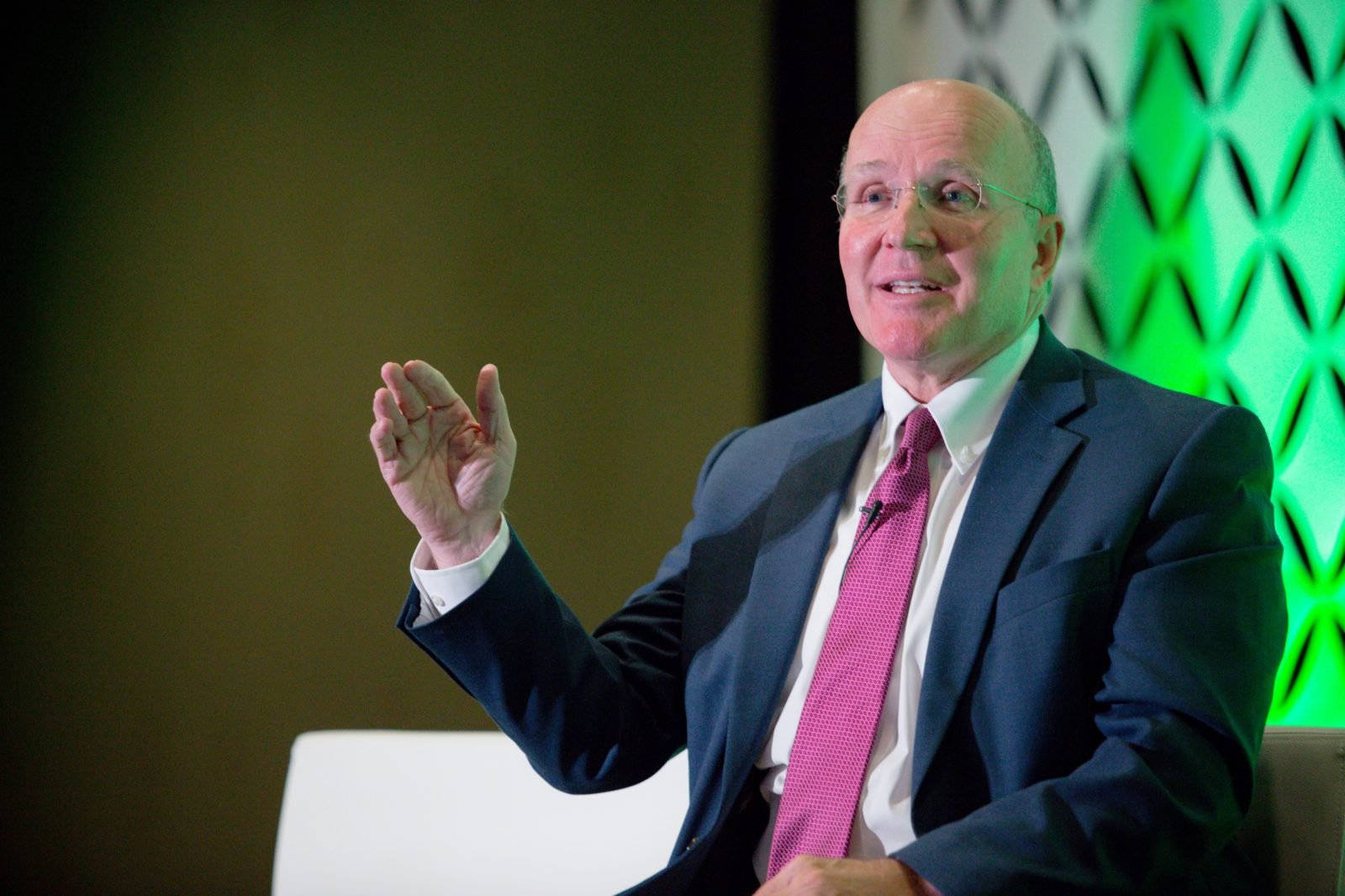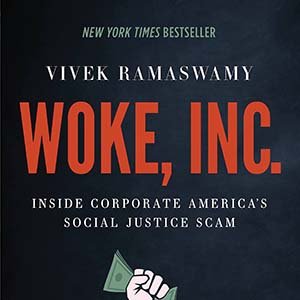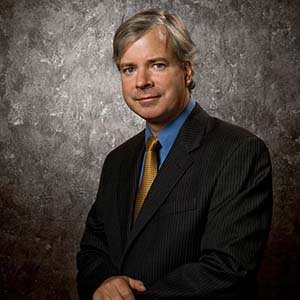One of Ron's number one books of 2021 was Vivek Ramaswamy's Woke, Inc.: Inside Corporate America's Social Justice Scam. An incredible read, with some very innovative ideas for how to push back on the wokeism that is infiltrating corporations. Join Ed and Ron for wide-ranging discussion of one of the most important books written in a long time (in Ron's opinion, we'll have to see what Ed thinks!).
Here are the show notes:
Vivek was born in Ohio, went to a Jesuit high school, then Harvard where he studied molecular biology, employed by hedge fund in 2007—where he made partner—that invested in biotech, then in 2010 went to Yale law school, started Roivant Sciences, co-founded a few tech companies, and is now philanthropically active. Harvard president Larry Summers fell from grace while he was a student there, back in 2007. He knows whereof he speaks. He stepped down as CEO of Roivant in January 2021 in order to speak freely on this issue. The country should thank him, profusely.
He describes Corporate America’s Prestige (the third act for a magician): “pretend like you care about something other than profit and power, precisely to gain more of each.” CEOs can now exercise quasi-political power without the hassle of having to be elected. He explains why he wrote the book: “Why am I defecting? I’m fed up with corporate America’s game of pretending to care about justice in order to make money. It demands that a small group of investors and CEOs determine what’s good for society…It’s not just ruining companies. It’s polarizing our politics.” How does he define woke?: “Basically, being woke means obsessing about race, gender, and sexual orientation. Maybe climate change too. Once corporations discovered wokeness, the inevitable happened: they used it to make money.” Without spoilers, what’s Vivek’s prescription?: “The antidote isn’t to fight wokeness directly. It can’t be, because that’s a losing battle. You’ll be canceled before you even stand a chance. The true solution is to gradually rebuild a vision for shared American identity that is so deep and so powerful that it dilutes wokeism to irrelevance.” He distinguishes between crony capitalism 1.0 and 2.0:
Wokenomics is crony capitalism 2.0, and here’s how it works: big business uses progressive-friendly values to deflect attention from its own monolithic pursuit of profit and power.
Crony capitalism 1.0 was straightforward by comparison: corporations simply had to make campaign contributions to legislators in return for favorable legislative treatment.
The book is a deep dive on the all the issues surrounding Wokenomics: dealing with Stakeholder vs. Shareholder [Profit] Maximization; the purpose of a corporation and the bargain society makes by granting limited liability (stay in your lane, out of politics, by limiting the scope of the Business Judgment Rule); ESG investing and what is wrong with these subjective metrics; China and Saudi Arabia using Woke corporations and investment funds for their own purposes (whoever has the gold makes the rules); Section 230 and how he’d reform it (when they engage in selective censorship of political viewpoints, treat them as state actors and bound the Constitution—under existing legal doctrines; return to the diversity that matters, one based on thought, not external characteristics; and add political affiliation to the list of protected categories of race, sex, religion, and national origin; also, what employers are forbidden to do—in the case of fired employee James Damore at Google, the legal question is not whether his beliefs were religious in nature—it’s whether Google’s were. Some of these ideas are incredibly innovative, but all are well thought out.
I love how he begins to sum up his thesis:
Part of what I’m saying is that bankers should shut up and bank. We crave justice, but all Wendy’s really has to offer is burgers, so it artificially ties the two together. …We’d be strictly better off if companies and their customers ended the shared fiction that every capitalist transaction must also be part of some grand fight between good and evil. Whatever justice is, surely it can’t be attained so incidentally, by just picking the right shirts, the right burgers, and the right bankers. Corporations used to try to convince you that buying their stuff would make you cool; now they tell you buying it will make you good. The difference is subtle but important. What’s cool is entirely subjective, but what’s good is not.
One of his most controversial proposals is to mandate civic service for high school summer break (four years). FDR, John Kennedy, and William F. Buckley proposed the same idea (the latter in his book, Gratitude). He cites Singapore who mandates two years in the military, police, or civil defense forces. Would this reduce intolerance, and young people separating into tribes? I don’t know, but it’s worth thinking about. No matter where you come down on this proposal, don’t let it overshadow his main ideas.
I can’t do this book justice. It’s simply the best book, by far, I have read in years, and it’s the best book I’ve read, by far, on this specific topic. His ideas need to be spread far and wide, and debated in our country’s legislators, among politicians, in boardrooms, in charitable organizations, think tanks, and everywhere else. I cannot express how this book has impacted me, because I’m still processing all of its ideas—and there many. All I can say is: READ THIS BOOK, AND SHARE IT WITH YOUR COLLEAGUES.
Bonus Content is Available As Well
Did you know that each week after our live show, Ron and Ed take to the microphone for a bonus show? Typically, this bonus show is an extension of the live show topic (sometimes even with the same guest) and a few other pieces of news, current events, or things that have caught our attention.
This week was bonus episode 375 - “VW's Penance” — Here are some of the links discussed:
Wisconsin Judge Amazingly Rules 7 Health Care Workers Cannot Switch Jobs
Judge lifts block preventing former ThedaCare employees from starting new roles at Ascension
San Jose Approves Mandating Liability Insurance for Gun Owners
Startup Debuts Tesla Subscription Service in California - Looks like a lease to Ron and Ed, not a subscription!
Click the “FANATIC” image to learn more about pricing and member benefits.











